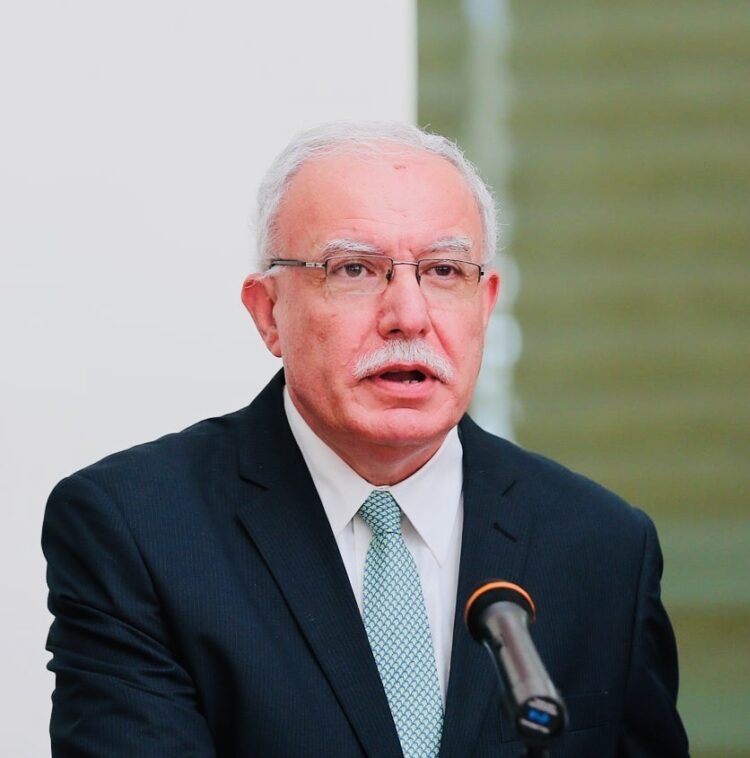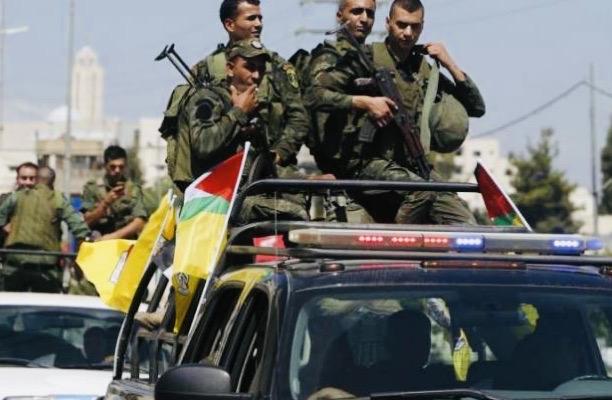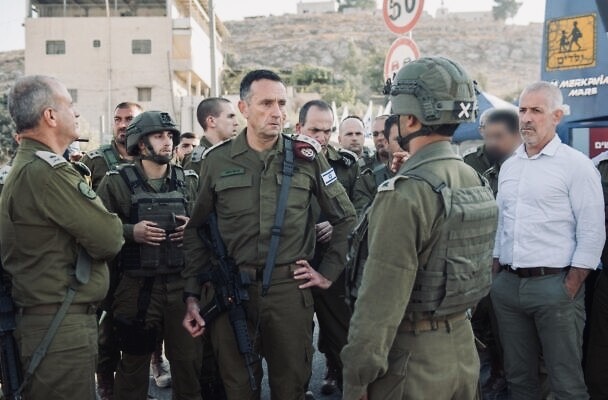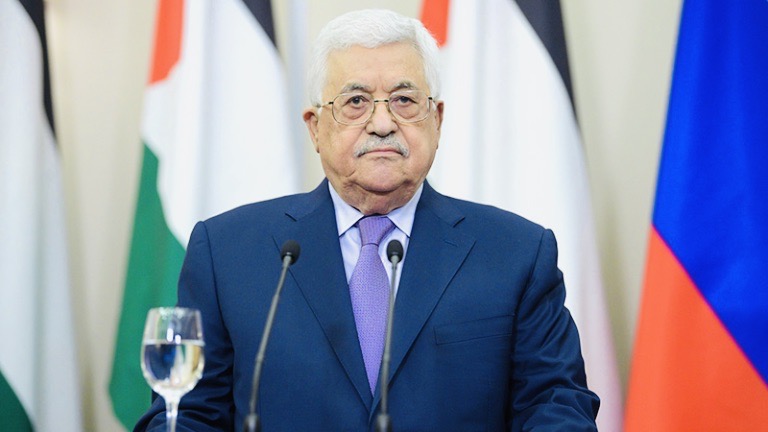More than a month after Israeli Prime Minister Benjamin Netanyahu’s government announced a series of measures to strengthen the ineffectual Palestinian Authority, they have yet to be implemented.
Israel’s inaction leads critics to conclude that the measures are mostly declarative or symbolic in nature and are mainly intended to mollify the United States and the international community following recent decisions by Israel to advance the construction of thousands of new homes in the occupied West Bank.
The measures, announced on July 9, are ostensibly designed to thwart Iran’s influence in the West Bank, most of which is militarily occupied by Israel, and to stabilize the PA, which is widely seen as inefficient and corrupt by the majority of Palestinians.
Israel’s failure to implement these measures was a topic of conversation between U.S. Secretary State Antony Blinken and Israeli Strategic Affairs Minister Ron Dermer during their talks in Washington on August 17. In a tacit criticism of Israeli policy, Blinken underscored the importance of creating stability in the West Bank, which has been in turmoil of late.

Blinken’s relatively bland remarks did not impress the PA, which regards the Biden administration’s stance toward Palestinian issues as passive.
The PA’s foreign minister, Riyad al-Maliki, complained recently that Washington’s reaction to Israel’s expansion of West Bank settlements has been weak. Turning to other issues, he stated that the U.S. has not kept its promise to reopen its consulate in East Jerusalem or to allow the PLO to reopen its diplomatic office in Washington, both of which were closed during Donald Trump’s presidency.

Since the beginning of this year, 29 Israelis have been murdered in the West Bank. In response to this wave if terrorism, Israel has killed 173 Palestinians, the majority of whom were fatally shot during the course of Israeli army raids throughout the West Bank.

In the most recent incidents, which took place in the past few days, a father and a son, Shay Nigreker and Aviad Nir, as well as a mother of three children, Batsheva Nigri, were killed in separate attacks in the West Bank town Huwara and on a road outside the city of Hebron.
Netanyahu and Defence Minister Yoav Gallant blamed the bloodshed on Iran, Israel’s arch enemy. “We are in the midst of a terrorist onslaught that is being encouraged, directed, and financed by Iran and its proxies,” Netanyahu claimed.
“The most significant change on the ground is related to Iranian financing and intent,” Gallant said.
Under Israel’s security coordination agreement with the PA, the Palestinians are supposed to assist Israel in monitoring and suppressing terrorism in the West Bank, but in reality this is not necessarily the case.

The PA exercises little control in the northern West Bank, a hotbed of resistance to Israel’s occupation. And on several occasions over the past decade, the PA has suspended security cooperation with Israel, a partnership which is likened to collaboration and offends many Palestinians, but which Israel considers of immense value.
At best, Israel’s relationship with the PA has been mercurial, a mirror image of its extremely bumpy relations with the Palestinians.

The PA endorses a two-state solution, as does the United States, but Israel’s current government, the most right-wing in Israeli history, is staunchly opposed to territorial compromise, much less Palestinian statehood. This sharp and fundamental disagreement is at the core of Israel’s often jagged relations with the PA.
Israel and the PA conducted peace talks in 2013 and 2014 under the auspices of the United States, but they collapsed and led to further terrorism.
With its nationalist agenda having been blocked by Israel, the PA has taken its grievances to the international courts, causing deep Israeli resentment.
Israel has a litany of complaints about the PA, from the anti-Israel incitement in the Palestinian media and in PA schools to the PA’s policy of extending financial support to the families of imprisoned and deceased Palestinians who were convicted of terrorism.
Despite its disillusionment with the PA, Israel regards it as an essential partner. Which explains why Netanyahu’s government has discussed the possibility of propping up the PA economically in the face of attempts by Hamas to establish a serious foothold in the West Bank.
Last month, in accordance with this strategy, the Israeli cabinet mulled the idea of establishing an industrial zone in Tarqumiyah, a town near Hebron. The cabinet also considered easing the schedule for PA debt repayments to Israel and restoring VIP permits to senior PA officials.
Only two ministers, both on the far right, objected to the plan — National Security Minister Itamar Ben-Gvir and Finance Minister Bezalel Smotrich, who hopes to expand Israel’s network of settlements and legalize 155 unauthorized outposts in the West Bank.
In a statement following last month’s vote, the government said its overarching objective is to prevent “the collapse” of the PA, which was established during the 1993 Oslo peace process.
The dissolution of the PA would most probably leave a dangerous power vacuum in the West Bank, sowing chaos and disorder, and would compel Israel to assume full political and financial responsibility for governing the Palestinians.
This is an onerous task the Israeli government would much rather leave to the PA, which has been ruled by President Mahmoud Abbas since the death of his predecessor, Yasser Arafat, 19 years ago. Abbas, 87, has not called an election since his accession to power, reinforcing the widespread belief that the PA pays only lip service to democratic norms.
Apart from the measures announced in July, Israel has given the PA permission to develop a gas field off the coast of the Gaza Strip, which has been fully controlled and administered by its rival, Hamas, since 2007.
This deposit, thought to contain 30 billion cubic meters of gas, was discovered in the late 1990s. Until recently, Israel objected to its development, but the Israeli cabinet switched course in June after Egypt’s intervention.
Officially, only the PA is slated to receive revenues from the field, but in actuality, Hamas would also benefit from the windfall.
